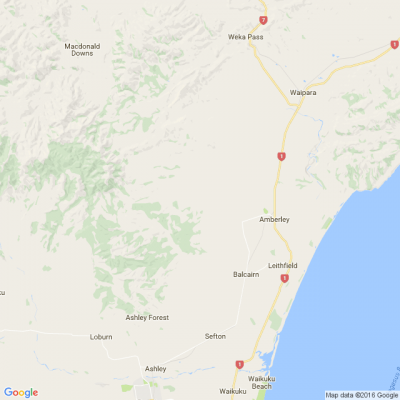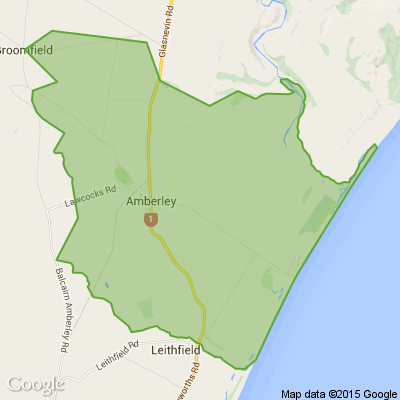Spotlight on farmland
From local democracy reporter David Hill:
A new policy to protect farmland could put the brakes on new urban developments in North Canterbury.
The new National Policy Statement on highly productive land, announced by the Government on Sunday, September 18, with immediate effect, requires developers to demonstrate land they wish to develop does not contain ‘‘highly productive soil’’.
Councils have three years to develop soil maps for their districts.
Hurunui District Council chief executive Hamish Dobbie said the intention of the new NPS was good, ‘‘but the execution will be a little more problematic’’.
‘‘It’s a good thing that this is in place because it means this land can continue to produce food instead of houses.
‘‘We have to take account of the NPS now, but the mapping is not in place, so there will be a whole process to work through.
‘‘But I think the rush to develop land might be over as the developer will now need to show that the land is not highly productive.’’
Waimakariri District Council development planning manager Matt Bacon said his team was still trying to ‘‘work through the implications’’ of the new NPS and what it meant for the District Plan review.
The proposed District Plan, notified last year, had rural residential options in the eastern part of the district, with minimum four hectare blocks outside the main towns.
Farmland was protected in the western part of the district with the rural zone comprising a 20ha limit.
‘‘There are still some questions around productive land in rural lifestyle areas, but it still has to be 4ha minimum, so it can still be used for productive use,’’ Bacon said.
Kaikōura District Council strategy, policy and planning manager Matt Hoggard said the council was still reviewing what the NPS would mean for the district.
But he welcomed the NPS’s intentions.
‘‘Until our land is mapped by the [Canterbury] regional council we can’t be sure how it will effect us.
‘‘Our initial impression is that the NPS’s effects may be useful for the district, although we are not anticipating an extensive impact in our region.’’
The NPS used Landcare Research’s five soil categories, with the first three considered ‘‘highly productive’’.
Highly productive land would need to be identified in regional policy statements and district plans.
The NPS restricted rezoning of highly productive land into urban, but an exemption could apply to tier one and two councils if the land was needed ‘‘to give effect to the National Policy Statement on Urban Development’’.
The Waimakariri district is tier one.
The NPS also discouraged rezoning highly productive land as rural lifestyle.
* Public interest journalism funded through NZ on Air.
Neighbourhood Challenge: Who Can Crack This One? ⛓️💥❔
What has a head but no brain?
Do you think you know the answer? Simply 'Like' this post if you know the answer and the big reveal will be posted in the comments at 2pm on the day!
Want to stop seeing these in your newsfeed?
Head here and hover on the Following button on the top right of the page (and it will show Unfollow) and then click it. If it is giving you the option to Follow, then you've successfully unfollowed the Riddles page.

Ashley Christmas Carol Service - All Welcome
Time for our annual Christmas Carol Service.
7 pm Wednesday 24 December - that's Christmas Eve.
39 Canterbury St, in the Ashley Village - signposted from Scenic Route 72.
Our guest service leader, Paul Askin, and his band of talented musicians will take us through a programme of favourite carols and worship.
Supper to follow.
A koha/donation will be greatly appreciated. Funds raised go towards the maintenance and repairs of our heritage building.
Enquiries: Ph 027 289 1380

Some Choice News!
Many New Zealand gardens aren’t seeing as many monarch butterflies fluttering around their swan plants and flower beds these days — the hungry Asian paper wasp has been taking its toll.
Thanks to people like Alan Baldick, who’s made it his mission to protect the monarch, his neighbours still get to enjoy these beautiful butterflies in their own backyards.
Thinking about planting something to invite more butterflies, bees, and birds into your garden?
Thanks for your mahi, Alan! We hope this brings a smile!








 Loading…
Loading…